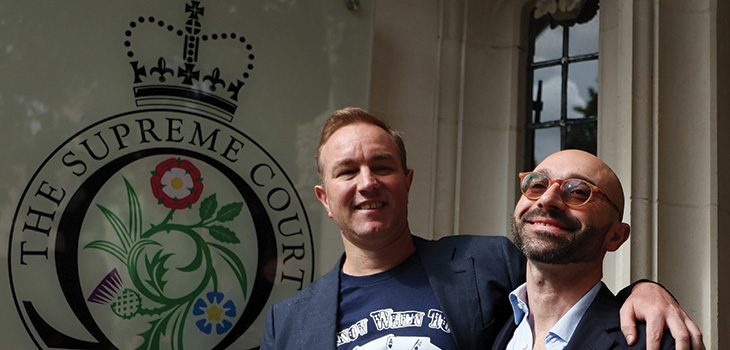
On 23 July, the Supreme Court delivered its judgment on appeals against conviction in R v Hayes; R v Palombo [2025] UKSC 29.
Tom Hayes and Carlo Palombo (pictured) were interest rate derivative traders, convicted following trials in 2015 and 2019 respectively. Hayes’s conviction related to the attempted manipulation of the London Interbank Offered Rate (Libor) between 2006 and 2010, while Palombo’s related to the attempted manipulation of the Euro Interbank Offered Rate (Euribor) between 2005 and 2009.
About benchmarks
Libor and Euribor were benchmark rates, intended to reflect the current cost of borrowing in the market. They were calculated by reference to the rates that a panel of substantial and reputable banks were able (or considered they were able) to borrow from other banks in the market at a particular time each day. Submissions were made on behalf of each contributor bank in relation to a variety of different









